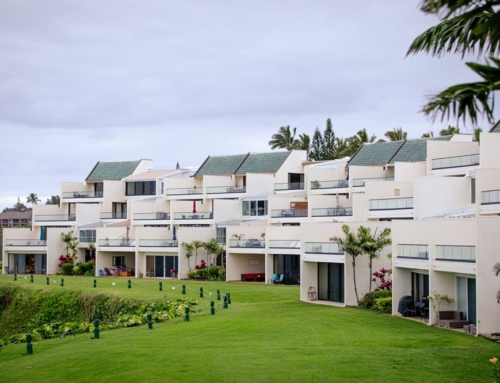Do your dreams include a vacation home of your own in your favorite resort? Are you daydreaming about a place where you can vacation on your family’s terms and create memories that your children will always remember?
This could be the perfect time to turn that dream into reality.
Resort areas were hit hard by the housing crash seven years ago, and many have yet to recover, so bargains are still available. Interest rates are at historic lows, and you could save thousands over the life of a mortgage if you act now. Plus, if you can rent your property during the weeks you don’t plan to use it, you may be able to recoup some of your costs with the rental income.
Before you dive into real estate investing and start researching vacation properties, you’ll want to decide if you can really afford to purchase a vacation home.
Consider the mortgage before buying a second home
Defaults have been high in resort areas, and many lenders are leery of financing second homes. Therefore, the down payment and interest rate you are quoted are likely to be higher for a vacation property than for your principal residence.
Lenders typically look closely at four factors: your income, your total debt load (which will include the mortgage on your primary home, if you still have a mortgage, your credit rating, and the amount you want to borrow. You will need a good credit score (the average credit score for closed loans in 2014 was 726) or you could be faced with a higher interest rate.
Depending upon the location, condition, and market value of the property, as well as your own financial status and credit history, a typical 15- to 30-year mortgage for a non-owner-occupied property usually requires a down payment of 20 percent, though it could be higher. (Of course, the higher the down payment you can make, the easier it will be to find a willing lender.)
You can take equity out of your primary home to finance the purchase of a vacation home by refinancing or taking out a home equity line of credit (HELOC), but you may need that equity to weather future rough housing markets or to use for other purposes. You also may end up paying more interest because the mortgage on a vacation home could carry a higher interest rate than the first mortgage on your primary residence.
What about rental income?
Unfortunately, you cannot include potential rental income in your mortgage application. Lenders are interested only in what you earn today because you need to be able to pay the mortgage (and property taxes and insurance) even if the unit isn’t rented out.
Additionally, estimating realistic rental income and the operational expenses involved is a difficult task. To understand how much you could earn from rental income, start with location and seasonality, as they will determine what kind of income to expect. Your family might not mind a drive or long walk to the beach or the ski lift, but renters will pay handsomely for the convenience of having activities close by. Many resorts advertise themselves as “year-round,” but few really are. Most have one season when the highest rents are charged, and the rest of the time rentals are discounted.
Then consider the expenses. Operating expenses related to vacation rentals are similar to those of a hotel—around 60 to 75 percent of revenue. You’ll need to buy furniture, sheets, towels, and other necessities; pay utility bills; marketing; schedule routine cleaning and maintenance; schedule gardening and landscaping services; obtain insurance coverage; process payments; and more. You can also choose to hire a management firm that will do everything for you for a price.
The real estate agents you talk to when you are hunting for a property are good sources of information on the local markets. Many brokerages in resort areas also manage properties and know the business, but they would also like to line you up as a customer, so talk to several before you make a decision.
If you’ve done your financial homework, and you’re prepared to move forward with that dream vacation home, here’s a checklist to help you through the process:
1.Get your finances in order. Clean up your credit. Stay current on all payments. Do a credit check, and review and correct any problems that might be lowering your score.
2.Save for a down payment of at least 20 percent.
3.Pay down debt, pay off credit accounts, and try to avoid making large purchases.
4.Sit down with your lender and review your total household income, assets, and debts.
5.Shop smart. Look for a property in a location that still has affordable listings below peak prices.
6.If you are thinking about renting out your property when you’re not there, get educated about the realities of resort rentals from real estate professionals who work in the areas where you plan to buy.
Ideally, before you buy a vacation home, you should be very familiar with the area in which you want to buy and also have a good understanding of the local real estate market. Purchase prices in resort areas vary greatly, but often a house in a popular resort area is more expensive than it would be in a normal setting. Resort areas also have their own seasons for home sales, so take your time and find the perfect fit.
Steve Cook is editor of Real Estate Economy Watch and covers real estate and mortgage finance for leading news sites. He is a member of the board of the National Association of Real Estate Editors. Twice he was named one of the 100 most influential people in real estate. Cook was vice president for public affairs for the National Association of Realtors.






